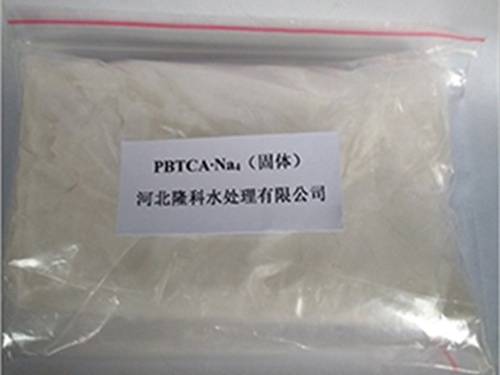scale inhibitor water treatment
Scale Inhibitors in Water Treatment A Comprehensive Overview
Water quality plays a vital role in various industries, from power generation to oil and gas production. One of the most challenging issues faced in water treatment processes is the formation of scales, which are mineral deposits that can significantly impair system efficiency and performance. To combat scale formation, scale inhibitors are widely used in water treatment applications.
Understanding Scale Formation
Scale formation typically occurs when water becomes supersaturated with particular minerals, primarily calcium, magnesium, and bicarbonates. As the water cools or evaporates, these minerals precipitate out of solution, forming solid deposits on surfaces such as pipes, boilers, and cooling towers. This accumulation not only reduces the flow rates but also increases energy consumption and maintenance costs. In extreme cases, severe scaling can lead to equipment failure, necessitating costly repairs.
The Role of Scale Inhibitors
Scale inhibitors are chemical agents designed to prevent or reduce the precipitation of scale-forming minerals. These compounds work through different mechanisms, including sequestration, crystal growth inhibition, and dispersion. By interfering with the crystallization process, scale inhibitors help maintain mineral solubility, thus preventing the formation of scale deposits.
Types of Scale Inhibitors
There are several types of scale inhibitors used in water treatment, each with distinct properties and applications
1. Phosphonates These are the most widely used scale inhibitors due to their effectiveness at low concentrations. Phosphonates work by binding to calcium and magnesium ions in solution, preventing them from forming solid crystals.
2. Polyacrylates Another common type, polyacrylates, is effective in preventing scale by dispersing mineral particles and keeping them suspended in the water. This helps to prevent the accumulation of scale on surfaces.
3. Organic polymers These scale inhibitors function by altering the characteristics of the mineral crystals, making them less likely to adhere to surfaces. Their effectiveness can vary depending on the water chemistry and the specific application.
scale inhibitor water treatment

4. Inorganic scale inhibitors Compounds such as sodium carbonate or sodium bicarbonate can also be employed, although they are less common due to environmental concerns.
Application in Various Industries
Scale inhibitors find application across multiple sectors, including
- Power Generation In cooling towers and boilers, scale inhibitors prevent scale build-up, enhancing heat transfer efficiency and prolonging equipment life.
- Oil and Gas In the oil and gas industry, water used during hydraulic fracturing and enhanced oil recovery often requires treatment with scale inhibitors to prevent scaling in pipelines.
- Desalination The desalination process produces mineral-rich brine, and scale inhibitors are crucial in maintaining the efficiency of reverse osmosis membranes.
Environmental Considerations
While scale inhibitors are indispensable for maintaining optimal water treatment processes, there are growing concerns about their environmental impact. Some inhibitors, particularly phosphonates, may persist in the environment and affect aquatic ecosystems. Therefore, ongoing research focuses on developing biodegradable and more environmentally friendly alternatives to traditional scale inhibitors.
Conclusion
In conclusion, scale inhibitors play a vital role in water treatment, ensuring that industrial processes run smoothly and efficiently. By understanding the mechanisms of scale formation and the various types of inhibitors available, industries can better manage water quality and reduce the risks associated with scaling. Balancing efficiency with environmental sustainability will be essential as the industry continues to evolve, leading to innovations that ensure a cleaner, more efficient approach to water treatment.
-
The Power of Isothiazolinones in Modern ApplicationsNewsMay.08,2025
-
Flocculants in Water TreatmentNewsMay.08,2025
-
Flocculants and Chemical Solutions: What You Need to KnowNewsMay.08,2025
-
Flocculants and Chemical Solutions: A Growing IndustryNewsMay.08,2025
-
Essential Chemicals: Polymaleic Anhydride and MoreNewsMay.08,2025
-
Acrylic Polymers: Essential Solutions for IndustryNewsMay.08,2025





